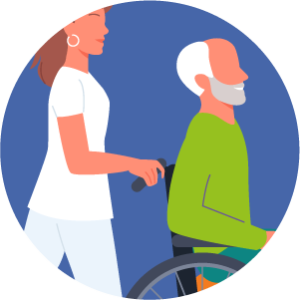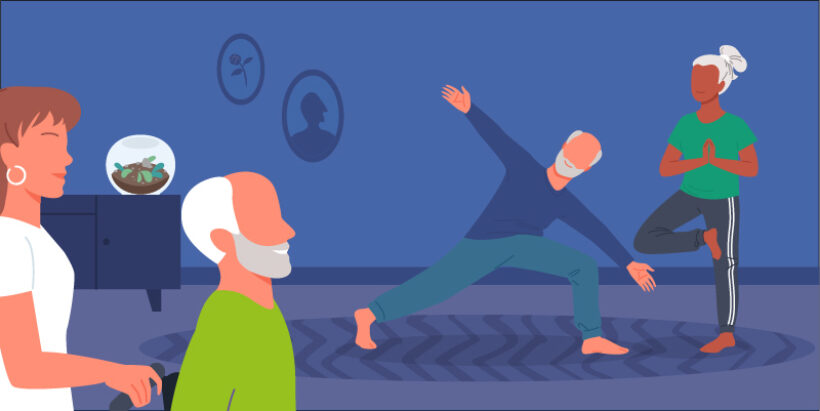
June is Alzheimer’s and Brain Awareness Month
June is Alzheimer’s and Brain Awareness Month, so we’re sharing ways you or a loved one can find support if you have been affected by Alzheimer’s or another type of dementia. According to the Alzheimer’s Association, 120,000 people aged 65 and older are living with Alzheimer’s in Washington state. Friends and family members dedicate 426 million hours of unpaid time to caregiving for people with Alzheimer’s disease. These numbers can seem staggering, especially when we consider they only include Alzheimer’s disease, which is the most common type of dementia, but there are even more individuals impacted by other types, including Parkinson’s disease, vascular dementia, and Pick’s disease.

Alzheimers and Brain Awareness Month
The most common early symptom of Alzheimer’s is difficulty remembering newly learned information. If you notice this or other symptoms in yourself or a loved one, a good first step is to check in with a medical provider. Early detection of Alzheimer’s and other forms of dementia help with access to education, resources, treatments, and support networks.
A diagnosis of dementia can be life changing. Whether it is you or a loved one who has received the diagnosis, it may take time absorb and accept. Reaching out to a friend, mentor, or professional counselor to work through the emotions can be a good first step in processing what you have learned. Planning for the future can also feel very overwhelming after a dementia diagnosis. To help, the Dementia Action Collaborative created an easy-to-digest resource for families, the Dementia Road Map: A Guide for Family and Care Partners. It offers practical information to families as they enter into, live with, and navigate the dementia journey.
For more information about resources in Washington for dementia and memory loss visit memorylossinfowa.org. Most importantly, remember you are not alone, and help is available for both patients and caregivers.
